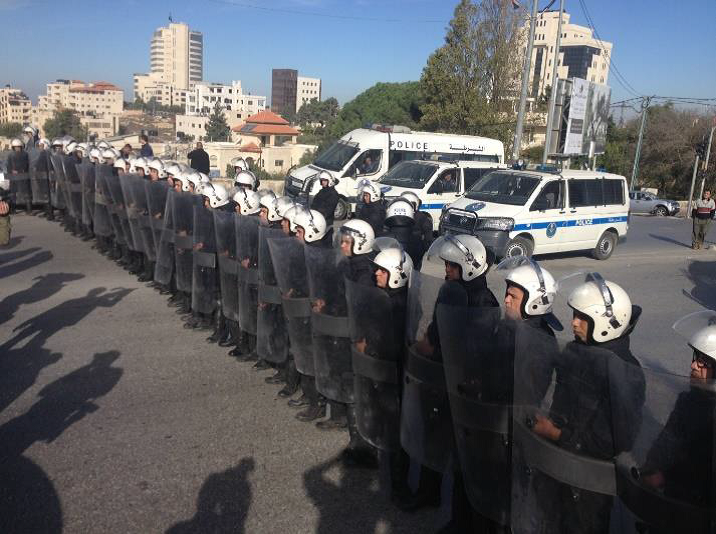This article analyses perceptions of the Palestinian Authority’s post-2007 state-building project—popularly known as ‘Fayyadism’—by assessing academic and practitioner literatures on the topic, and by drawing on the findings of ethnographic fieldwork conducted at two sites in the West Bank: Balata and Jenin refugee camps. It argues that the ethnographic data reveals that despite the self-proclaimed institutional successes of Fayyadism, its achievements have failed to have a meaningful impact on the basic rights of Palestinians. These voices from below articulate the detrimental effects that Fayyadism has had on their resistance against Israel’s occupation, and by extension on their own protection and security. Criticisms focus on the absence of local legitimacy and accountability, and question the agenda of Fayyadism, its political basis and its trajectory as they relate to the Palestinian struggle for freedom.
Alaa Tartir (2015) Securitised development and Palestinian authoritarianism under Fayyadism, Conflict, Security & Development, 15:5, 479-502, DOI: 10.1080/14678802.2015.1100016 To link to this article: http://dx.doi.org/10.1080/14678802.2015.1100016

